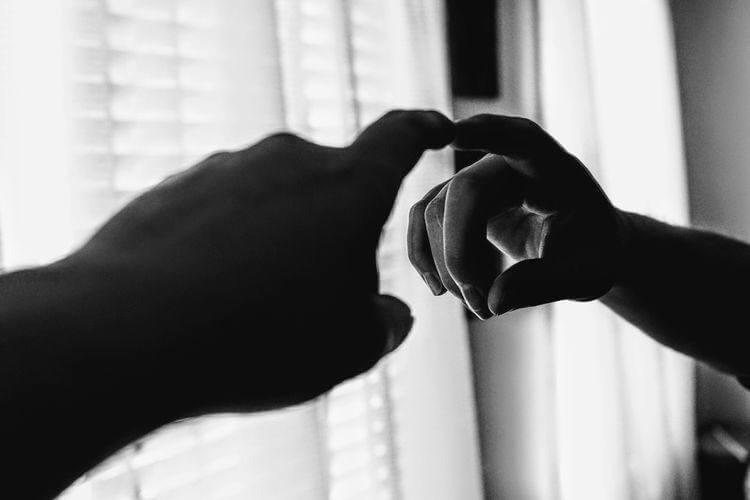Author: Randeep Singh / go to all articles on Yoga Concepts

Reflection is one of the great
techniques of ,
sequentially thinking of the
past events of the day,
which trains one to become
more aware and mindful,
boosts the memory and help you stay in the present,
the three requisites for enhancing our productivity
and the happiness quotient infinitely.
Technique of the Art of Reflection
- Sit in Vajrasana
- Close the eyes and start thinking, or mentally go over the day’s events chronologically and sequentially: starting from the moment you woke up till the present moment, one after the other
- It’s more of reflecting and remembering, working out the actual sequence of the events of the day from the haze of the information overload one experiences as one begins to reflect initially
- Think, recollect and review the days events in the order as mentioned above
- Do not analyse or judge the events, this will do away with the witness like attitude crucial to this technique
- Do not go back and forth, move ahead in case you miss out something
- Go in a proper sequence and finish the entire days events even if you jump over some
- It should be done, if doing for the same day, the last thing before you go to bed, or sleep
- If doing for the previous day then it should be the first yoga technique of the day
- Reflection thoughts, or reflection must be only practiced once, and in no way repeated
- Ideally a good reflection should take about 10 minutes, or reflect enough details to make it last up to at least 10 minutes
- Remain blank for a while after the reflection on day’s events is complete
- While practicing the art of reflection, the day’s realities need to be merely witnessed as they are
- Learn the skill of , thinking about ,seeing things without getting involved in them, or as they are
- In case the mind gets judgmental, by nature, become aware of it, drop it, no pondering, move ahead
- Being judgement also takes away the quality of being objective in our approach
Benefits of the Technique
- If practiced consistently on a daily basis it will increase the awareness about ourselves: What is that which does not change?
- Mind needs to recondition itself before it even starts to absorb Yoga, reflection helps with this reconditioning of the Mind
- The art of Reflection if mastered with practice makes you more mindful of your surroundings and boosts the memory like many other yoga techniques do
- One learns to stay in present,a fundamental tenet of Yoga as majority of the time the Mind is engrossed in the thoughts of the past or the future, lacking steadiness
- Practicing the art of Reflection persistently endows one with the ability to “let go”
- The practitioner starts becoming more calmer and trains oneself out of unstructured thinking
Generally our mind remains foggy throughout the day and by evening we mostly tend to miss on the to-do list we started off with in the morning. We generally get this not a very pleasing feel of emptiness as once again we were not able to accomplish what should have been done.
Normally what ever is haunting the mind the most stays in the mind for longer and can even become a permanent impression on the Citta, mind being its component, like a samskara, these impressions trigger desires which long for similar actions. The mind do not differentiate between a good or a bad impression as this process of imprinting of the samskaras goes on endlessly.
The art of reflection is a technique where one halts this process for a while and ponder on what is going on? what kind of actions have been taking place in the day gone by and what quality of thoughts have triggered these actions so that we can think and improve the quality of the thoughts and the related actions for the next day.
Practicing the art of reflection everyday can improve the quality of concentration of the practitioner. It is a important technique along with other methods used for improving one’s focus of mind. One becomes more mindful of the daily events so that one is able to participate in a more involved way into them.
As we reflect more and more on how our mind want our day to go we start identifying our thought pattern, whether they are negative or positive in nature, this infuses in us the understanding of the concept of cause and effect in or thoughts and the actions we take on daily basis. This way we start becoming less impulsive and avoid unpleasant experiences.
The technique of reflection also trains us to look at ourselves from a third person’s angle ( as a witness) so that we can evaluate our goals and the paths set to achieve them in a more objective environment.
Read other Informative Articles….
